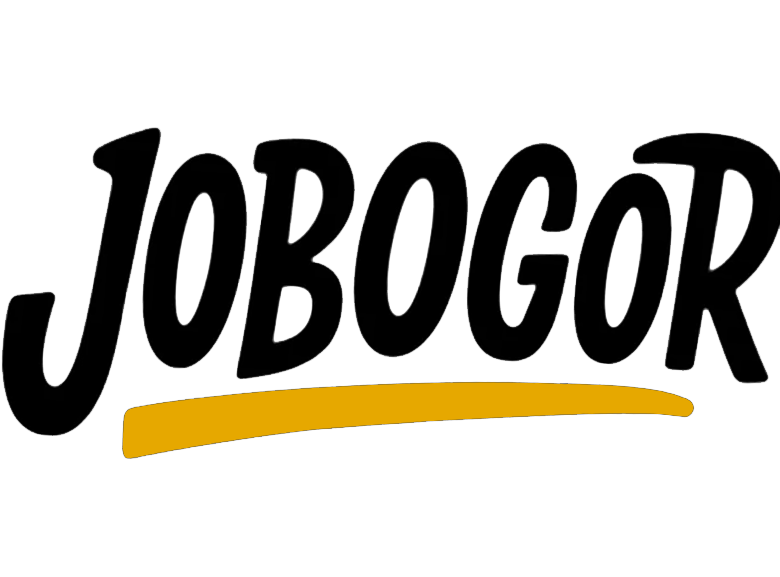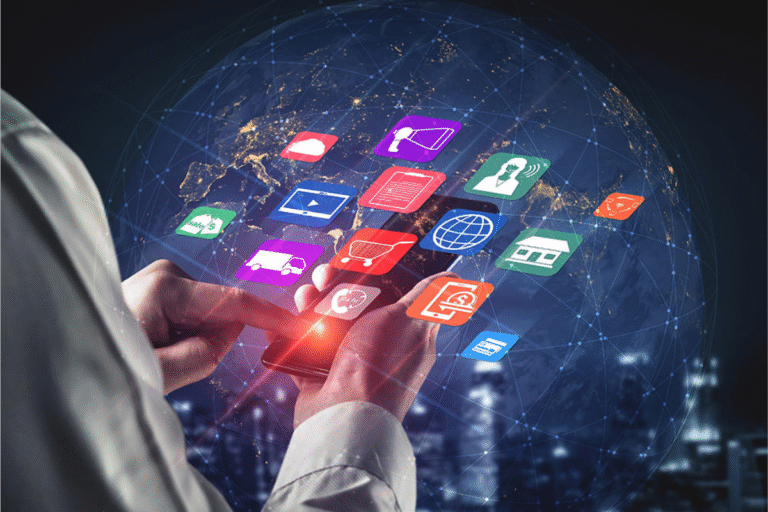The digital marketing world is transforming at an unprecedented pace, and the driving force behind this revolution is Artificial Intelligence (AI). From chatbots that provide real-time customer support to machine learning algorithms that personalize ad targeting, AI is no longer a futuristic idea—it’s already here and shaping how businesses connect with their audience.
Marketers are increasingly relying on AI to analyze big data, predict consumer behavior, automate campaigns, and create personalized experiences. In this blog, we will explore the future of AI in digital marketing and how machines are changing campaigns forever.
What is AI in Digital Marketing?
Artificial Intelligence in digital marketing refers to the use of smart algorithms, data models, and automation tools to optimize and enhance marketing strategies. Unlike traditional marketing, where guesswork and manual analysis dominate, AI uses data-driven insights to help businesses make faster and smarter decisions.
Some examples include:
-
AI-powered chatbots for customer engagement.
-
Predictive analytics for better campaign results.
-
Automated content generation and personalization.
-
Advanced SEO optimization tools.
-
Voice and image search integration.
Why AI is Becoming the Backbone of Marketing
AI is not just an add-on; it’s becoming the backbone of marketing for several reasons:
-
Massive Data Processing – AI can process billions of data points in seconds.
-
Customer Personalization – It tailors ads, emails, and website experiences to individuals.
-
Cost Efficiency – AI reduces manpower needs by automating repetitive tasks.
-
Real-time Decision Making – AI optimizes campaigns instantly based on performance.
-
Predictive Capabilities – It helps businesses forecast customer needs and buying behavior.
AI Tools Used in Digital Marketing
Some of the most widely used AI-driven tools include:
-
ChatGPT & Jasper AI – For content generation.
-
HubSpot & Salesforce Einstein – For CRM and customer insights.
-
Grammarly & Copy.ai – For AI-assisted content editing.
-
Google Ads Smart Bidding – For automated PPC campaigns.
-
MarketMuse & Clearscope – For SEO optimization.
-
ManyChat & Drift – For chatbot marketing.
Summary Table: Future of AI in Digital Marketing
| Factor | Role in Digital Marketing | AI Impact | Best Practice for Businesses |
|---|---|---|---|
| Customer Personalization | Tailors content, ads, and recommendations | AI uses behavior data to deliver unique content | Use AI-driven personalization engines |
| Predictive Analytics | Forecasts trends and consumer behavior | Machines analyze historical data for accuracy | Apply predictive tools for better targeting |
| Chatbots & Virtual Assistants | Provides 24/7 customer support | Automates FAQs and leads nurturing | Deploy chatbots with NLP capabilities |
| Voice & Visual Search | Enhances SEO and product discovery | AI recognizes speech and images accurately | Optimize content for voice/image search |
| Programmatic Advertising | Automates ad buying and placement | AI decides ad placements in real-time | Use AI bidding strategies to save ad costs |
| Content Creation | Generates blogs, emails, and social posts | AI writes engaging, SEO-friendly content | Combine AI with human editing for best results |
| Social Media Insights | Tracks trends, engagement & competitor data | AI analyzes user sentiment and behavior | Use AI-powered analytics dashboards |
| Email Marketing Automation | Sends personalized emails at right times | AI optimizes subject lines & timing | Leverage AI email tools like Mailchimp AI |
| Customer Journey Mapping | Tracks and improves customer experience | AI identifies drop-off points in sales funnel | Use AI-driven customer experience platforms |
| Fraud Detection | Ensures safe and secure online advertising | AI prevents click fraud & fake traffic | Adopt AI ad verification tools |
Real-Life Examples of AI in Marketing
-
Amazon – Uses AI to recommend products based on past purchases.
-
Netflix – Suggests shows/movies using AI algorithms.
-
Google Ads – Smart bidding optimizes ROI in real-time.
-
Coca-Cola – Uses AI for creative marketing campaigns and content personalization.
The Future of AI in Digital Marketing
The future looks promising as AI continues to evolve. Some upcoming trends include:
-
Hyper-Personalization at Scale – Every ad, email, and recommendation will be unique.
-
Augmented Reality + AI Ads – Immersive experiences with personalized targeting.
-
AI Video Creation – Automated generation of short-form videos for social media.
-
Voice-First Marketing – Campaigns optimized for Alexa, Siri, and Google Assistant.
-
Predictive Lead Scoring – Sales teams will focus on high-probability customers.
Pricing List: AI Marketing Tools (2025 Estimates)
| Tool/Software | Features | Price Range (Monthly) |
|---|---|---|
| Jasper AI | AI content writing, blog drafts | $39 – $99 |
| HubSpot (AI CRM) | Marketing automation, customer insights | $45 – $800 |
| Copy.ai | Social media & ad copy | $36 – $49 |
| Surfer SEO | AI SEO optimization | $59 – $239 |
| ManyChat | Chatbot marketing for Messenger & WhatsApp | Free – $25+ |
| Drift | AI chatbot & conversational marketing | $400 – $1500 |
| Grammarly Business AI | AI grammar, tone, and clarity | $15 – $25 per user |
| MarketMuse | AI-driven content optimization | $149 – $1500 |
| Google Ads (Smart Bidding) | AI ad campaign automation | Flexible (budget-based) |
| Mailchimp AI | Email personalization & automation | $13 – $299 |
Conclusion
Artificial Intelligence is not just reshaping digital marketing—it is redefining it. From automating campaigns to delivering personalized content, AI is making marketing smarter, faster, and more effective. Businesses that adopt AI now will be ahead of the competition, while those that resist may struggle to keep up in the evolving digital economy.
The future of AI in digital marketing promises a world where campaigns are data-driven, hyper-personalized, and optimized in real-time, making it the most exciting era for marketers worldwide.



